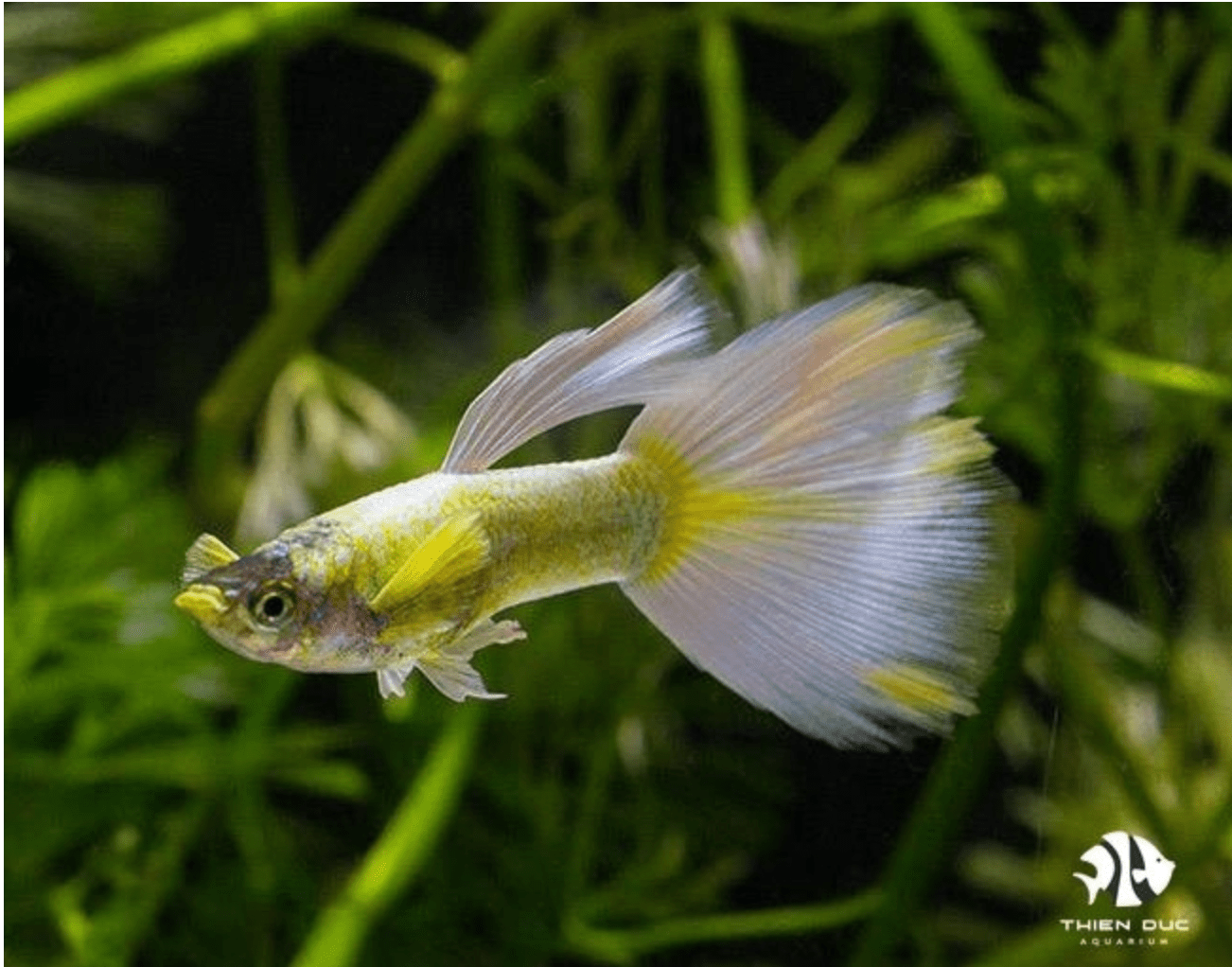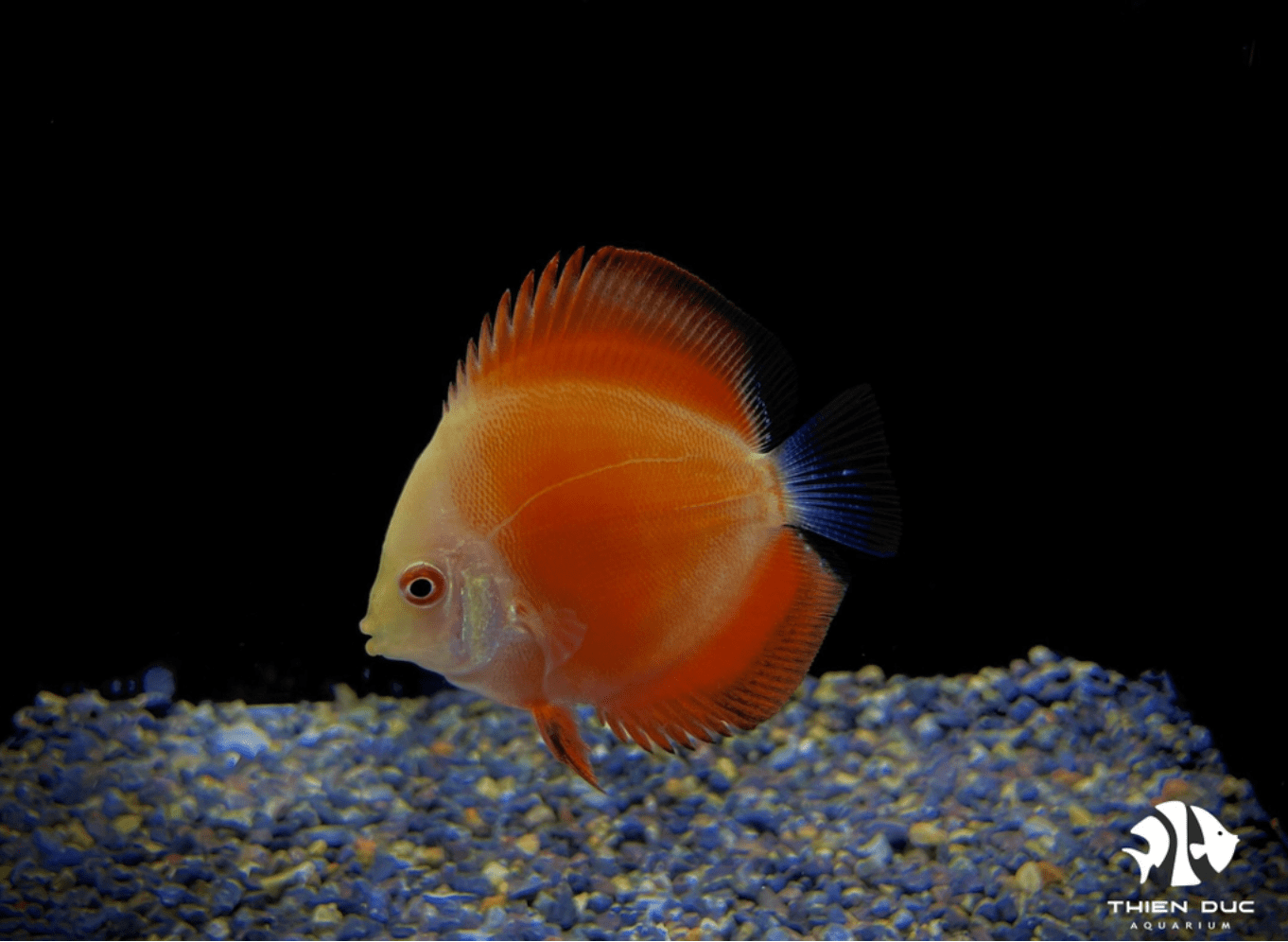Tetra Species for Aquariums - A Comprehensive Guide
Tetras are charming, peaceful schooling fish, perfect for any aquarium. Hailing from South America and Africa, their dazzling colors and tranquil temperament make them ideal for both new and experienced EU hobbyists. Sourcing healthy fish is crucial, and THIENDUC AQUARIUM, a leading Vietnamese exporter, provides robust, high-quality wild-caught and farm-raised Tetra Species for Aquariums, ensuring your fish thrive.
What are Tetras?
To truly appreciate these fish, it helps to understand their fundamental traits.
General Characteristics
Tetras belong to the Characidae family, a diverse group of freshwater fish found in the tropical and subtropical regions of the Americas and Africa. Characterised by their diminutive size—most species remain under 5 cm (2 inches)—they are renowned for being ideal inhabitants of community tanks. Their social structure is a key trait; Tetras are schooling fish, preferring to live in groups of six or more of their own kind. This behaviour not only provides them with a sense of security but also creates a dynamic and visually stunning display in your aquarium.

Common Traits
Visually, Tetras are a testament to nature's artistry. Their bodies often feature iridescent scales that catch and reflect light, creating a shimmering effect. From the striking neon stripe of the Neon Tetra to the deep black fins of the Black Skirt Tetra, their coloration is a primary reason for their popularity. Behaviourally, they are generally active swimmers, often occupying the middle layers of the water column. Their peaceful disposition makes them excellent tank mates for other non-aggressive fish of similar size, helping to maintain a calm and balanced aquatic ecosystem.
Why they are popular
The enduring appeal of Tetra Species for Aquariums lies in their perfect balance of aesthetic appeal and ease of care. For beginners, their hardiness and adaptability to a range of water conditions make them forgiving companions. For experienced aquarists, their vibrant colors and schooling behaviour allow for creative and intricate tank layouts, from a densely planted nature aquarium to a simple, elegant biotope. The sheer variety of species available means there is a Tetra for every taste, adding a unique personality to each setup.
Popular Tetra Species
Now that you know what makes a Tetra special, let's explore some of the most beloved species in the aquarium hobby.
Neon Tetra
The Neon Tetra (Paracheirodon innesi) is arguably the most famous and widely kept Tetra. Its iconic luminous blue stripe running from its nose to its adipose fin, complemented by a vibrant red stripe below it, makes it instantly recognizable. These fish are a staple in community tanks, adding a flash of brilliant colour to any scape.
-
Care Requirements: Neon Tetras thrive in well-established tanks of at least 15 gallons (approximately 55 liters) with stable water parameters. They favor a temperature range of 21–25°C (70–77°F) and slightly acidic water (pH 6.0–7.0). Providing a heavily planted environment with plenty of hiding spots will make them feel secure and encourage their best colours.
Cardinal Tetra
Often mistaken for the Neon Tetra, the Cardinal Tetra (Paracheirodon axelrodi) is a true showstopper. Its distinguishing feature is the red stripe that extends the full length of its body, unlike the Neon’s partial stripe. This brighter, more intense coloration makes it a highly sought-after species.
-
Care Requirements: While similar to the Neon Tetra, Cardinals can be slightly more sensitive to water quality fluctuations. A mature tank with stable parameters is crucial. They appreciate soft, acidic water and a planted tank that mimics their natural habitat. Because of their stunning appearance, a large school of Cardinals creates a mesmerising visual effect.
Black Skirt Tetra
The Black Skirt Tetra (Gymnocorymbus ternetzi) is a robust and hardy fish known for its distinctive, flowing black fins. They are a great choice for beginners due to their adaptability and peaceful nature. As they mature, their black coloration may fade to a lighter grey, but their elegant form remains.
-
Care Requirements: These Tetras are incredibly hardy and can tolerate a wider range of water conditions than their more delicate cousins. They prefer a tank of at least 20 gallons (75 liters) and are excellent at cleaning up uneaten food. Their peaceful demeanour makes them a perfect addition to a diverse community tank.

Rummy-Nose Tetra
Characterised by their striking red nose and a unique black-and-white striped tail, the Rummy-Nose Tetra (Hemigrammus rhodostomus) is prized for its exceptional schooling behaviour. They swim in an incredibly tight formation, creating a hypnotic effect that adds a sense of order and movement to the tank.
-
Care Requirements: Rummy-Nose Tetras are an excellent indicator of water quality, as their red noses will fade if conditions are not optimal. They thrive in soft, slightly acidic water with a temperature between 24-28°C (75-82°F). Their strong schooling instinct means they should be kept in groups of at least 8-10.
Glowlight Tetra
The Glowlight Tetra (Hemigrammus erythrozonus) gets its name from the brilliant, iridescent orange or red stripe that runs along its body, resembling a tiny, glowing beacon. They are a graceful and peaceful species, and their subtle beauty is a fantastic addition to any community setup.
-
Care Requirements: Glowlight Tetras are undemanding and easy to care for, making them another fantastic option for new aquarists. They prefer a planted tank with ample swimming space and are well-suited to a variety of water parameters.
Setting Up a Tetra Aquarium
Once you've chosen your Tetras, the next step is creating the perfect home for them, starting with the right tank size.
Tank Size
While Tetras are small, they are active swimmers and require space to school. A minimum tank size of 15-20 gallons (55-75 liters) is recommended for a small school of 6-8 fish. Larger tanks, such as 30-40 gallons (115-150 liters), are even better, allowing for larger schools and a more diverse community. This is crucial for Tetra Species for Aquariums that exhibit strong schooling behaviours, like the Rummy-Nose Tetra.
Filtration and Heating
A high-quality filter is non-negotiable for maintaining clean and stable water. A hang-on-back (HOB) or canister filter provides the necessary mechanical and biological filtration. Tetras are tropical fish, so a reliable heater is required to maintain a stable temperature, ideally between 22-26°C (72-79°F), depending on the specific species.
Water Parameters
Most Tetra Species for Aquariums prefer soft, acidic water, mimicking their native Amazonian habitats. A pH range of 6.0-7.0 is generally ideal, and a low to moderate hardness (GH) is preferred. Regular water testing with a reliable kit is essential to monitor parameters and perform necessary adjustments.
Substrate and Decor
To create a natural and secure environment, use a dark-colored substrate like sand or fine gravel. Add plenty of live plants, such as Java Fern, Anubias, and Amazon Sword, which provide hiding spots and help maintain water quality. Driftwood and rocks also add a natural feel and can help lower the pH, creating a perfect habitat for many Tetra Species for Aquariums.
Lighting
Appropriate lighting is important for both the fish and any live plants. A moderate light setting that is not too intense will reduce stress on your Tetras. For planted tanks, a full-spectrum LED light with a timer is the best choice, ensuring your plants thrive while providing a comfortable environment for your fish.
Caring for Tetras
Beyond the initial setup, a routine of daily care is essential to ensure your Tetras stay healthy and vibrant.
Feeding
-
1. Diet: Tetras are omnivores and will readily accept a variety of foods. A high-quality flake or micro-pellet food should be the staple of their diet. Supplement this with live or frozen foods, such as bloodworms, daphnia, or brine shrimp, to provide essential nutrients and mimic their natural feeding behaviours.
-
2. Frequency: Feed your Tetras once or twice a day, offering only what they can consume in 2-3 minutes. Health problems and poor water quality can result from overfeeding.

Tank Mates
-
Suitable Companions: The peaceful nature of Tetras makes them excellent community fish. Ideal tank mates include other small, non-aggressive species like Rasboras, Corydoras catfish, peaceful Dwarf Cichlids, and Gouramis. These companions will co-exist harmoniously without stressing the Tetras.
-
Fish to Avoid: Avoid housing Tetras with large or aggressive fish such as Cichlids (unless a peaceful dwarf species), Barbs, or large Gouramis. These can intimidate or harm your Tetras, leading to stress and poor health.
Health and Wellness
-
Common Issues: While hardy, Tetra Species for Aquariums can sometimes suffer from common freshwater diseases, such as Ich (white spot disease) or fin rot. Neon Tetra disease is a specific ailment, though less common than feared, that can affect this species.
-
Prevention: The best prevention is a stable, well-maintained aquarium. Sourcing healthy fish from a reputable supplier is key. As a leading exporter, THIENDUC AQUARIUM takes pride in its wild fish, which have been responsibly caught from the rivers and streams of Vietnam, Laos, Cambodia, China, and Thailand. This extensive system, combined with their expertise, ensures the fish they export are robust and healthy. Their commitment to quality is what makes them a trusted name in the industry.
Conclusion
Tetra Species for Aquariums are a rewarding addition to any home. Their vibrant colours, peaceful nature, and schooling behaviour create a thriving aquatic paradise. For the best quality, consider THIENDUC AQUARIUM. As a leading exporter, their expertise in wild-caught and farm-raised fish ensures robust, healthy species. THIENDUC AQUARIUM is perfectly positioned to serve the European market with new, high-quality products.
Contact Information:
Address: 57 Le Thi Sieng, Tan Thong Hoi, Cu Chi, Ho Chi Minh City, Viet Nam
Mobile: +84903912501
Office: +84982577871
Email: thien@thienducaquarium.com










